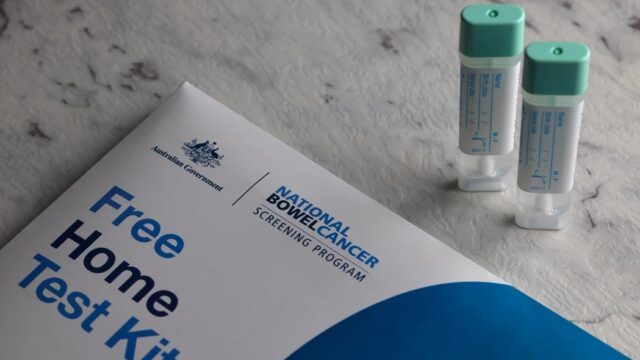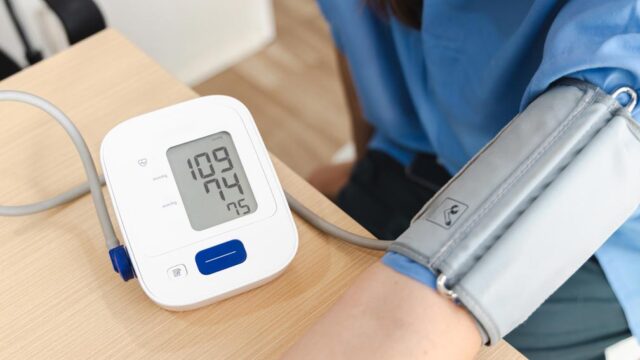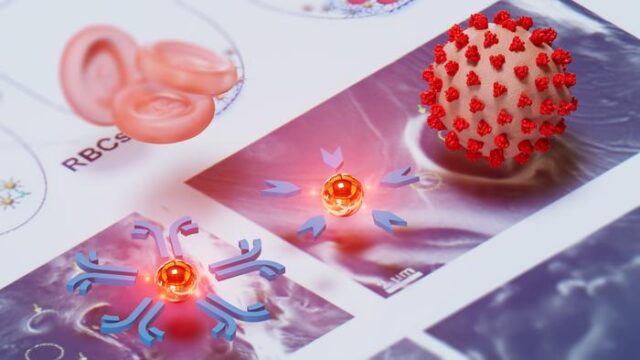Advertisment
Could a good diet and supplements reduce the need for medication?

Healthcare professionals should always consider whether nutritional factors are at play when a person presents with new symptoms, even if they do not look malnourished at first glance, says Lisa Jamieson, pharmacist consultant in nutrition.
When people present with symptoms the potential causes need to be considered, bearing mind that nutritional deficiencies may be contributory factors says Lisa Jamieson. Taking as an example somebody presenting with dyspepsia or indigestion, she notes that some nutrient deficiencies can increase the propensity to develop indigestion or nausea, for example, a magnesium deficiency can lead to nausea. Furthermore, medication may also play a role. “So, for example, a proton pump inhibitor may be given for indigestion and a proton pump inhibitor can also reduce your absorption of various nutrients. Proton pump inhibitors reduce absorption of magnesium, iron, vitamin C and various other nutrients so whilst you’re taking a proton pump inhibitor you may be – downstream – … influencing your nutritional status. If you were to change the way you eat and try and tackle the root cause of some of those symptoms you then may be able to reduce the need for the medication”, she explains.
Ms Jamieson has personal experience of this situation. “For the last decade I’ve been managing a plethora of different types of symptoms and conditions with a nutritional approach – so much so that I’ve been able to massively reduce my need for medication”, she says.
Food insecurity and malnutrition
Healthcare professionals do not always make the link between food insecurity or food poverty and medically unexplained symptoms. Typically, “this affects mothers who may prioritise their children in terms of their own food insecurity. They may then present to a pharmacist or a GP with symptoms which may be perceived as medically unexplained”, says Ms Jamieson. Moreover, they may at first glance appear to be well-nourished. “Traditionally, we’ve thought that malnutrition looks like somebody who is very underweight and starving and actually in a modern-day diet scenario you can have a lot of calories within your diet but not very much nutrition. You can have a lot of high-calorie low-nutrient density foods and therefore on the surface you may look well-nourished because you’re of a normal weight, but actually you may be … because of the poor nutrient content of those foods, actually be very malnourished. So, we do need to consider that people who are presenting to healthcare professionals within the UK may actually be malnourished even though they may not look malnourished at first glance”, she adds.
Ms Jamieson emphasises that when people present with new symptoms or what appears to be a new condition it is important for frontline clinicians to consider the possibility of nutrient deficiencies which may be amenable to correction either through diet or supplements.
About Lisa Jamieson
Lisa Jamieson BPharm (Hons), MSc (Clin Pharm), MSc (Nutr Med), MRPharmS
Lisa Jamieson currently works as a pharmacist consultant from her own company, Enucleo Ltd. She has a portfolio career with two main roles – first, as a senior consultant in a market access consultancy, working at the interface between the pharmaceutical industry and the NHS and second, as a pharmacist consultant in nutritional medicine. This latter role involves educating pharmacists and other healthcare professionals either in writing or as a speaker at conferences.
Read and watch the full series on our website or on YouTube.









